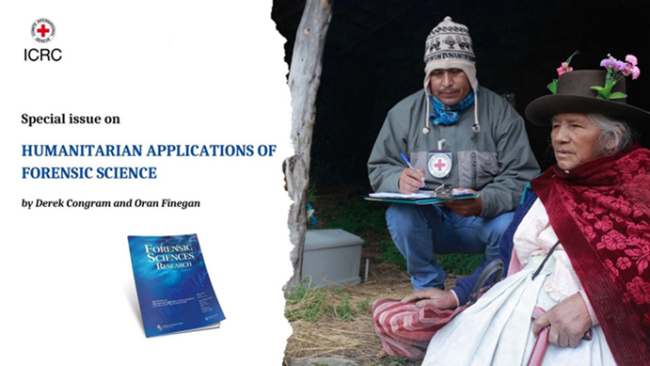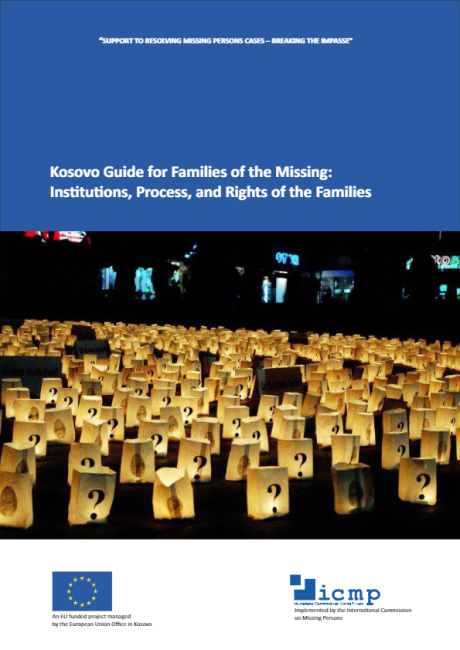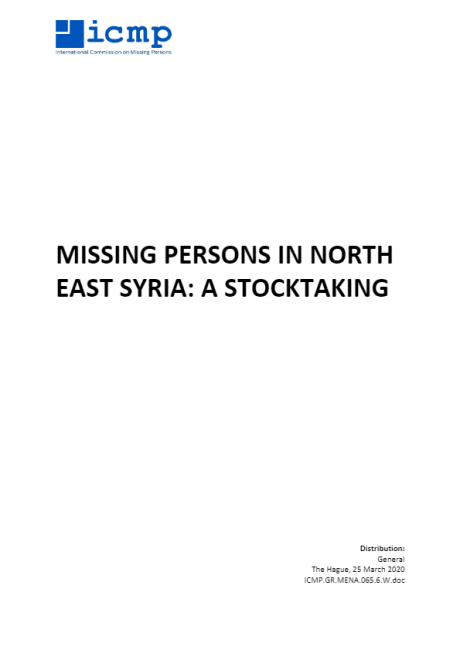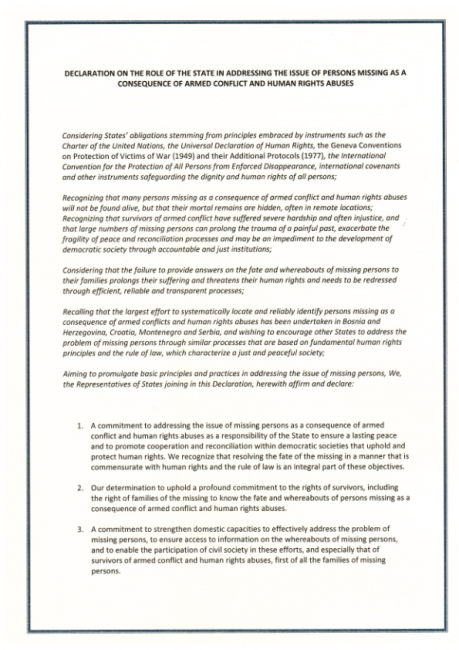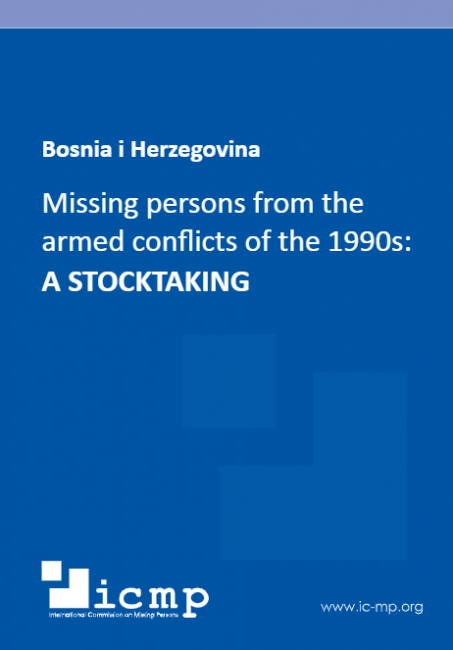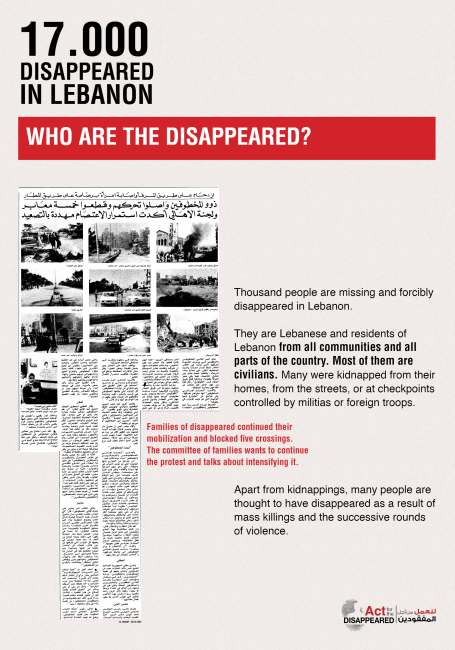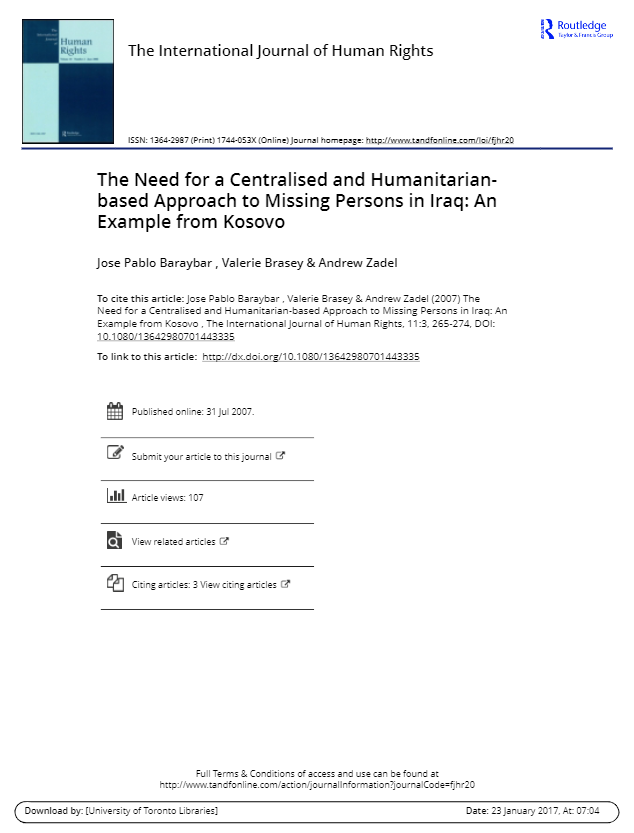
Journal
The Need for a Centralised and Humanitarian-based Approach to Missing Persons in Iraq: An Example from Kosovo
The International Journal of Human Rights, Vol. 11, No. 3, pp. 265 –274, September 2007
Author
Jose Pablo Baraybar,Valerie Brasey, Andrew Zadel
Publication Year
2007
Region
Near and Middle East
/
Europe and Central Asia
Thematic Area
The Search Process
/
Mechanisms
/
Forensics
/
Families
Topic
Recovery of remains / Excavation / Exhumation
/
Identification
/
Family Needs
/
Enforced Disappearance
/
DNA Analysis
Forensics operations in Kosovo in 1999 lacked standard operating procedures (SOPs) and focused on volume of evidence rather than the identification of bodies. The results were chaotic and complicated later efforts to locate the missing. The establishment of the Office on Missing Persons and Forensics in 2002 prioritised the needs of the families of the missing, specifically the individual identification and return of human remains. Similarly, the search for missing persons in Iraq should be coordinated by a central body with the authority to enforce SOPs. Its aims should be to serve the needs of the families and to develop the capacity of Iraqis to carry out forensic work.
Share


